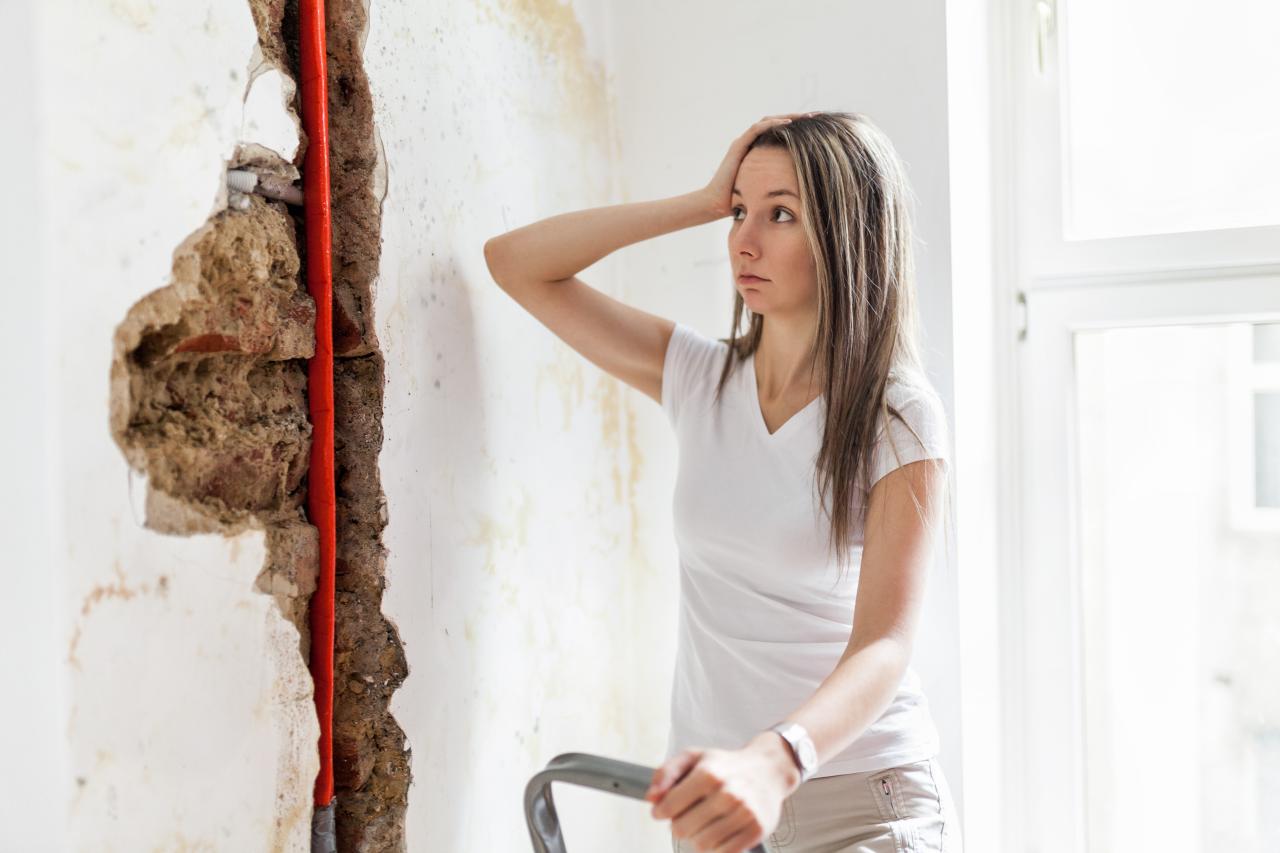Hiring a home-improvement contractor
Do your homework!

Getting started
Identify the full home-improvement project
Prepare a comprehensive list of all work to be completed. Be specific. Set a reasonable budget for your project.
Shop around
Interview multiple contractors. Contact at least three contractors and get written estimates for your project. Insist upon specific timelines detailing start and completion dates.
Your home-improvement project
Never pay the full price up front
Establish a payment schedule and adhere to it. Withhold final payment until the entire project is completed to your satisfaction and all required inspections and certificates
of occupancy are finalized.
Get everything in writing
State law requires a contractor to provide a written contract for home improvement to work. The contract should include a timeline for work to be completed, a payment schedule, and specifics about the project — such as types or brands of materials. On larger projects, architect or engineer plans should specify virtually every detail. Remember, any verbal changes to the project must be added to the written contract. The contractor is bound only by what is in the contract. Keep copies for your records.
Know what permits are needed
Even though a qualified contractor should be aware of the necessary permits and inspections, you should know them as well. Check with your local building department before beginning a project. Also check the New York State Department of State building code website.
Get references and check them
Ask friends and neighbors for names of contractors. Examine the completed project, and ask if they are satisfied with the results. Get references from the contractor and speak directly to former customers. Check the contractor's accreditation with the Better Business Bureau.
Know where your payments are going
Contractors are required to deposit progress payments in an escrow account. The payments are to be used solely for your project: Any withdrawal must bear a "reasonable relationship" to the work completed. The contractor can otherwise obtain bond insurance to protect your money. Know which option your contractor will use.
Never do business with a contractor who is unwilling to abide by any of these conditions
Even if the contractor seems reputable, it simply is not worth the risk.
Get proof of insurance
If a worker is injured, or damage is caused on your property, you could be held liable if your contractor does not have the required insurance.
Check licenses where necessary
In the state of New York, home-improvement contractors must be licensed in New York City, Suffolk, Nassau, Westchester, Putnam, and Rockland counties.
Running into problems?
Speak with your contractor and try to reach a resolution.
The goal is to have the work finished to your satisfaction.
File a complaint with the Office of the New York State Attorney General or contact the nearest regional office if a resolution is not possible.


